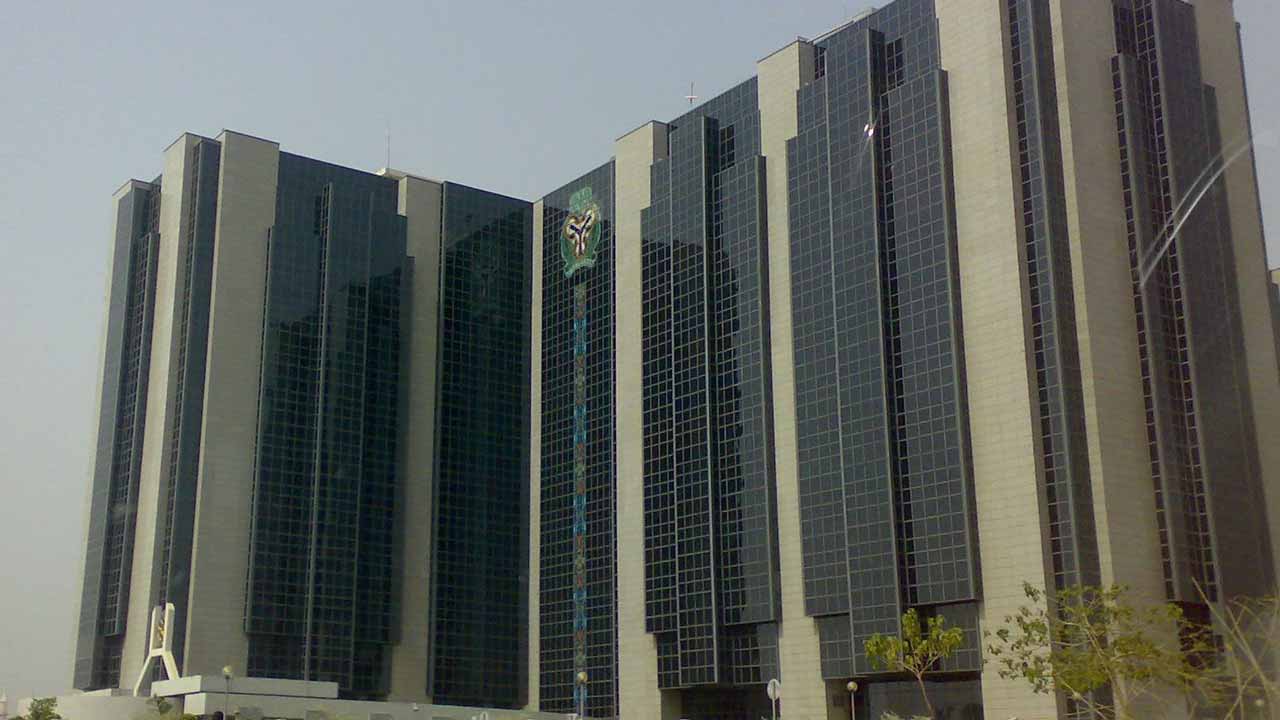THE latest report from the Central Bank of Nigeria (CBN) that the Non-Performing Loans (NPLs) ratios of Nigerian banks worsened in 2020, surpassing the apex bank’s regulatory limits of five per cent, to close at six per cent at the end of last December, is disturbing. The report was contained in the CBN’s Monetary Policy communiqué at the end of its recent meeting in Abuja. Non-performing loan ratios refer to the percentage of banks loans that are bad as against the total loans, which the banks have in their balance sheets. The CBN Governor, Godwin Emefiele, revealed that the increase in bad loans for the period under review was higher than the regulatory limit allowed by the apex bank’s prudential maximum threshold of five per cent. The development is not totally surprising under the prevailing economic circumstances arising from the outbreak of ravaging Coronavirus pandemic. The resultant nationwide lockdown adversely affected businesses in the country and the ability of business owners to service their loans.
The NPL ratio of six per cent could have been worse than was reported if not for the regulatory forbearance granted by the CBN due to the COVID-19 pandemic. Consequently, the banks were allowed to restructure most of their loans portfolio, deferring principal repayments for certain borrowers.
As at the third quarter (Q3) of 2020, NPL was about N1.1trillion with oil and gas loan representing N238 billion or 11.3 per cent of the total NPLs. Data from the National Bureau of Statistics (NBS) show that the banking sector credit alone increased by 19 per cent in 2020. But NPLs rose to N333bilion in Q3 of 2020 and reached N1.3trillion at the end of December 2020. The increase was because banks reportedly lent more in line with CBN’s loans to deposit ratio (LDR).
Since the exposure of many banks to the oil and gas sector is one of the key factors behind the rise in bad loans, we urge the banks to diversify their loan portfolios into other viable sectors such as manufacturing and export. This has become necessary following the volatility in oil prices in the global market, a situation that often results in bad debts. Therefore, it is imperative that banks and other financial institutions should keep to the CBN’s loan limits. While the CBN’s policy of persuading banks to lend more funds to the private sector is commendable, the banks must observe measures put in place by the apex bank to avert bad debts.
According to the CBN, mortgage financial institutions should have a maximum ratio of bad debts at any given time not exceeding 10 per cent. They should also make provisions for credits such as the general provision of two per cent of the outstanding balance of such performing facility, or as may be advised by the apex bank from time to time. For deposit money banks, the CBN guidelines stipulate that they must ensure that the level of bad debt in relation to gross loans does not exceed five per cent.
We consider these guidelines expedient because the continued increase of non-performing loan ratios could reduce the banks’ capital base and potentially lead to loss of depositors’ money. That is why the Assets Management Corporation of Nigeria (AMCON) has been having a hard time recovering many debts owed to banks by individuals and companies.
For recovery of bad debts, AMCON should ensure the successful implementation of its newly developed receivership framework for its recovery agents. In all, the solvency of the financial institutions should not be compromised. Mounting non-performing loans will threaten the health and survival of the banks. We say this bearing in mind that banks are the financial intermediaries that supply services to their customers. We urge the banks to be circumspect in giving loans and always ensure due diligence in all their loan transactions. Altogether, everything must be done by the government, the banks and other stakeholders to ensure the stability of the banking sector.




